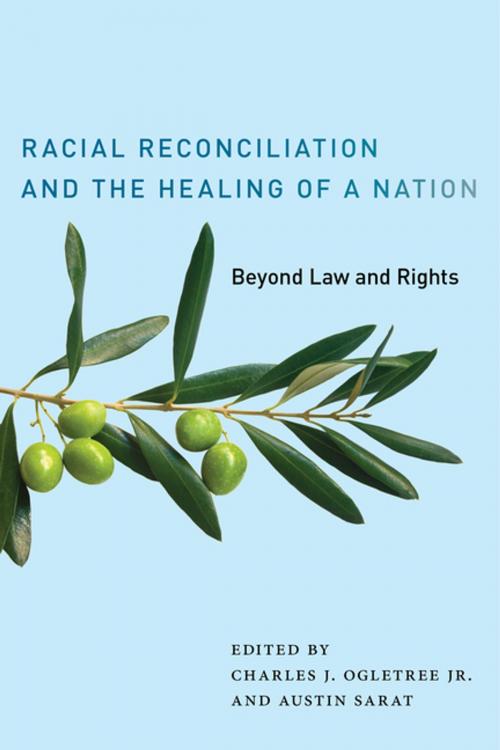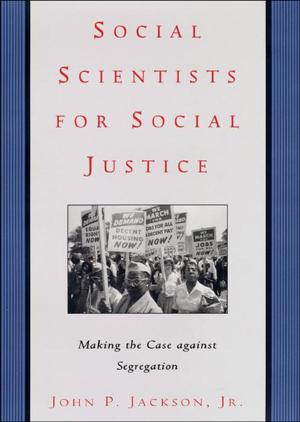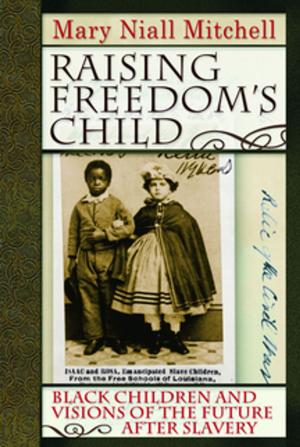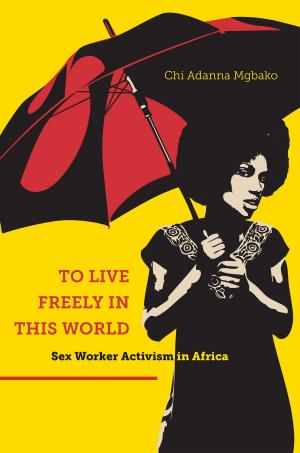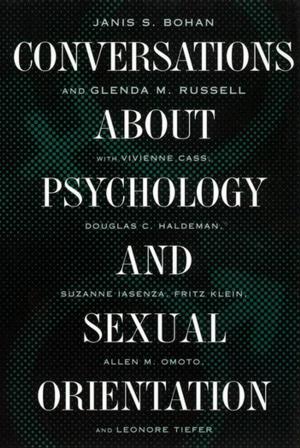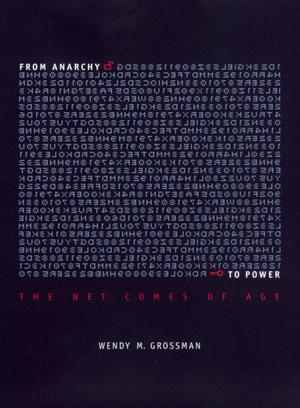Racial Reconciliation and the Healing of a Nation
Beyond Law and Rights
Nonfiction, Reference & Language, Law, Civil Rights, Social & Cultural Studies, Social Science, Discrimination & Race Relations| Author: | ISBN: | 9781479803705 | |
| Publisher: | NYU Press | Publication: | October 24, 2017 |
| Imprint: | NYU Press | Language: | English |
| Author: | |
| ISBN: | 9781479803705 |
| Publisher: | NYU Press |
| Publication: | October 24, 2017 |
| Imprint: | NYU Press |
| Language: | English |
The work at hand for bridging the racial divide in the United States
From Baltimore and Ferguson to Flint and Charleston, the dream of a post-racial era in America has run up against the continuing reality of racial antagonism. Current debates about affirmative action, multiculturalism, and racial hate speech reveal persistent uncertainty and ambivalence about the place and meaning of race – and especially the black/white divide – in American culture. They also suggest that the work of racial reconciliation remains incomplete.
Racial Reconciliation and the Healing of a Nation seeks to assess where we are in that work, examining sources of continuing racial antagonism among blacks and whites. It also highlights strategies that promise to promote racial reconciliation in the future.
Rather than revisit arguments about the importance of integration, assimilation, and reparations, the contributors explore previously unconsidered perspectives on reconciliation between blacks and whites. Chapters connect identity politics, the rhetoric of race and difference, the work of institutions and actors in those institutions, and structural inequities in the lives of blacks and whites to our thinking about tolerance and respect.
Going beyond an assessment of the capacity of law to facilitate racial reconciliation, Racial Reconciliation and the Healing of a Nation challenges readers to examine social, political, cultural, and psychological issues that fuel racial antagonism, as well as the factors that might facilitate racial reconciliation.
The work at hand for bridging the racial divide in the United States
From Baltimore and Ferguson to Flint and Charleston, the dream of a post-racial era in America has run up against the continuing reality of racial antagonism. Current debates about affirmative action, multiculturalism, and racial hate speech reveal persistent uncertainty and ambivalence about the place and meaning of race – and especially the black/white divide – in American culture. They also suggest that the work of racial reconciliation remains incomplete.
Racial Reconciliation and the Healing of a Nation seeks to assess where we are in that work, examining sources of continuing racial antagonism among blacks and whites. It also highlights strategies that promise to promote racial reconciliation in the future.
Rather than revisit arguments about the importance of integration, assimilation, and reparations, the contributors explore previously unconsidered perspectives on reconciliation between blacks and whites. Chapters connect identity politics, the rhetoric of race and difference, the work of institutions and actors in those institutions, and structural inequities in the lives of blacks and whites to our thinking about tolerance and respect.
Going beyond an assessment of the capacity of law to facilitate racial reconciliation, Racial Reconciliation and the Healing of a Nation challenges readers to examine social, political, cultural, and psychological issues that fuel racial antagonism, as well as the factors that might facilitate racial reconciliation.
